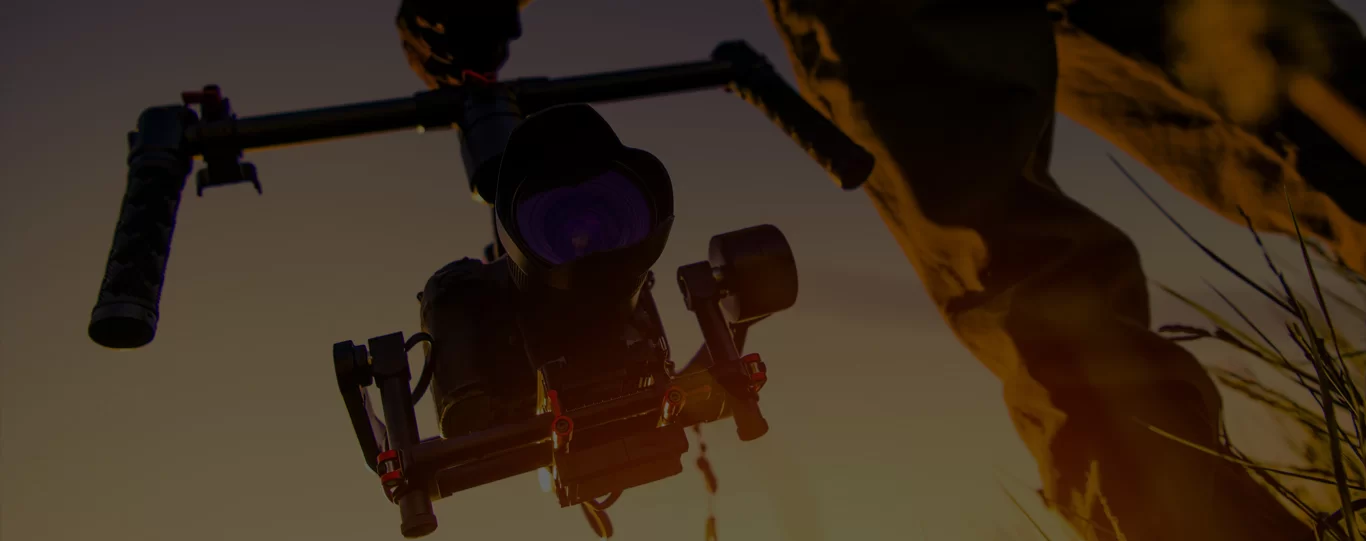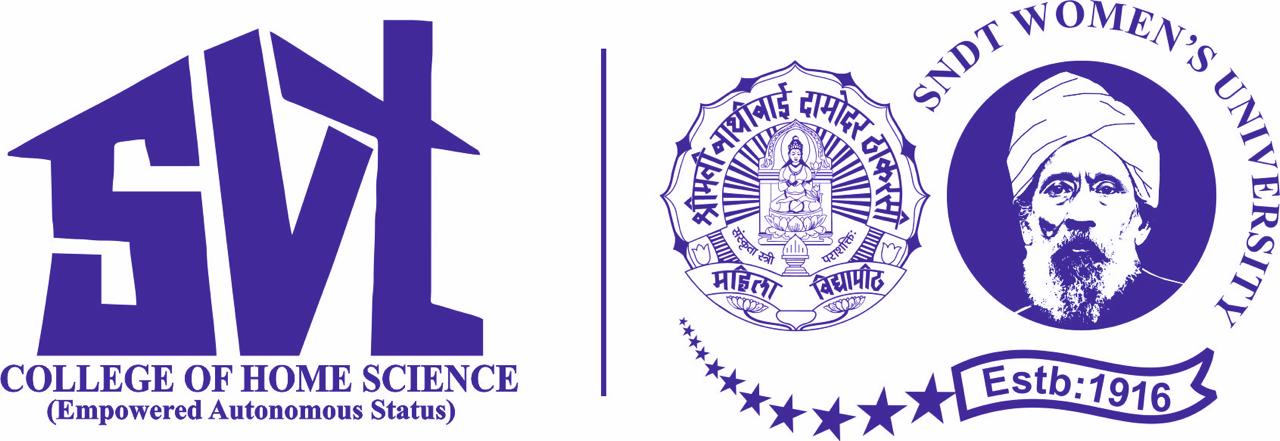
Certificate Program in Cinematography
Master the art of painting with light. Learn camera techniques, the use of light, cranes, film & 3D cameras
NSDC Approved
Short Online Course in Cinematography
Duration : 10 Hrs
Cost : ₹15,000
Key Highlights
Certification
Certificate Program in Cinematography from WWI
Successful Completion
Gets you 10% off on the Advanced Certificate program
Curriculum
Designed by renowned faculty of WWI
Content
10 hours of video content
Time Commitment
Self-paced
Access to content
1 year
Course Features
Content Duration : 10 hours
Learning structure : Self-paced learning
Accessibility : On PC, mobile
Access period : 1 year
Mode of instruction : English
Video transcripts : English

What is Cinematography?
Cinematography is the craft of visual storytelling on film or television. It consists of everything that you see on the screen – framing, movement, lighting, composition, camera angles, lens, color, depth, and more. It is important in setting the tone, look and feel of a video, essentially, supporting the written narrative of the film with visual elements. Also known as the Director of Photography, a Cinematographer is the master of movement and light, responsible for how every single frame in the film turns out. It is their job to harness both the technical and creative capabilities of a camera.
The role of a Cinematographer is to translate a written script into visuals and shoot the video to bring to screen the vision of the Director. While they may not be the one holding the camera, they are the mastermind behind deciding what the final video should look like – colored or black and white, vibrant, dull etc. The cinematographer works closely with the Director and helps them bring their creative vision to life. After deciding on a certain look and feel for the project, the Cinematographer or Director of Photography then works on how to achieve the same through camera movement, lighting, framing, props, etc. in terms of equipment & more.Course Objectives
Through this Certificate Program in Cinematography, you’ll learn about the role of a cinematographer, history and science of still cameras, types of light, types of grips and gears, camera angles and everything that makes one a great cinematographer. This course consists of topics on Cinematography basics, Non-motion photography, Video fundamentals (SD & HD), Understanding Mise-en-scene, Motion photography on film cameras, Theory of color, Understanding music videos and non-fiction films.
What kind of certification will I obtain from this program?
On successful completion of all the modules included in this program, the user shall be given a certificate from Whistling Woods International. You can download the certificate in the form of a PDF.
Is there a specific time limit for this program?
There is no specific time limit or schedule to do a module-based program such as this one. However, the access period to the platform is 1 year.
How many hours of study are required to complete this program?
This is a module-based program, so there is no specific schedule to adhere to.
What are the key topics covered in this program?
Please refer to the curriculum tab on the course page of the program.
What type of learning should I expect from this program?
This program comprises of learning through video-based lectures. You will also be given the transcripts of these lectures. The content is derived from the knowledge base of Whistling Woods faculty and Industry experts along with specific case studies used to explain the concepts and theories.
Are there any assignment or coursework in this program?
Does the program include live sessions with the faculty?
There are no live sessions included as part of this program. However for live sessions and on campus specialization workshops, please check our Advanced Certificate in Filmmaking program.
Program fee : INR 15,000 (Inclusive of all taxes)
Completion of this program will earn you a 10% discount on one of the Advanced Certificate Program. For more info please click here.
Admission Criteria :
- No work experience is required to apply for any of the programs
- It is recommended that applicants have cleared Xth grade or equivalent
- All candidates need to have reading and speaking proficiency in English
Key Highlights :
- Content Duration : 10 hours
- Format of learning : Self-paced learning
- Accessibility : On mobile, Laptop and Desktop
- Access period : 1 Year
Notes:
- You can pay for the program with a debit / credit card and through Netbanking.
- On successful payment transaction, you will receive a confirmation mail with the order no. and payment acknowledgement.
- You will be provided a course login URL within 48 hours of making a payment. Please register on the URL to gain access to the course.
- In case of any issues during payment, please write to us on virtualacademy@whistlingwoods.net
Curriculum
- Role of a cinematographer
This class provides a comprehensive overview of a cinematographer’s duties and the key skills that he/she needs to possess in order to effectively make artistic and technical decisions related to the image. - Types of lights
This class introduces you to different types of lights used on film sets in order to produce desired effects on the image on screen. You also learn about the advantages and limitations of each type. - Types of grips and gears
This class underlines important grips and gears that you will need in order to effectively set up light and the camera for a shoot.
- The history and science of a still camera
This class introduces you to the history and science of a still camera - Exposure and Metering
In this class, you will learn about different techniques to moderate exposure of images in your film depending on the style and setting of a given scene. - Three-point lighting
In this class, you will learn about the techniques associated with three point lighting- the simple, versatile setting which forms the foundation of most complex lighting systems. - Lensing
In this class, you will learn about the advantages and limitations of different kinds of lens that you can use to film scenes. You will learn how to use specific lenses to produce unique artistic effects depending on the scene. - Deep focus and Hyperfocal Distance
This class teaches you how to use deep focus by using hyperfocal distance and you will learn when and how to intentionally use this technique. - Framing and Composition
This class provides you important rules and tips regarding effective framing and composition while shooting a scene.
- Electrical methods and studio layouts
This class gives an introductory overview of electricity & studio power layout methods to set lighting within a film studio.
- Standard Definition
This class teaches you about more complex lighting situations - Parts of a Digital Motion Picture Camera
In this class, you will learn about the foundational parts that make up a standard digital motion picture camera. - Camera Angles and Camera Movements
In this class, you will learn about the most important and commonly used shot sizes, camera movement techniques and camera angles, each of which produces a specific type of effect. - Frame Rates
In this class, you will learn about frame rates and how to adjust them depending on the kind of film and effect you want to produce. - Dynamic Range
In this class, you will learn about different cameras and their dynamic ranges - Color Temperature
In this class, you will learn how to effectively change the temperature of your shots to warmer or cooler depending on the type of effect you want to create cinematically. - Day and Night Lighting
In this class, you will learn about the different techniques that will allow you to make your scene seem like it’s either day or night, depending on the needs of the scene by using different lighting and camera techniques.
- Components of Mise-en-scene and their impact
This class teaches you about more complex lighting situations
- Shooting on film
In this class, you will learn more about 16mm and 35mm Motion Picture Photography with an in-depth study of Advanced Film Exposure with Grey Card, Exposed Negative Processing & Printing, Color Temperature Theory and Advance Lab Theory - Parts of a Motion Picture Film Camera
This course provides a comprehensive description of the different parts that make up a motion picture film camera. You will learn how to adjust them, their functionality and limitations and the safety measures associated with each one of them.
- Color Theory Basics
This class introduces you to the fundamentals of color theory- the perception of colors, the visual effects of how color mix, their match and contrasts, each color’s impact on a scene etc. - Types of Color Contrasts
This class will teach you about the theory of color contrasting and introduce you to some of the most popular color contrasts used during production and the impact each type has on the scene. - Color schemes and example
In this class you will learn about different color schemes that are commonly used during production design
- Understanding music videos
This class looks into music videos and the cinematography techniques associated with it. You will learn the difference in the commonly used shots and camera movement techniques between a film scene and a music video scene.
- Understanding non-fiction films
A non-fiction film, unlike a fiction film, assumes responsibility of the truthful depiction of the accuracy of the information and people being presented. In this class, you will learn about non-fiction films and the subtle differences in the techniques, color and camera movements between non-fiction and fiction movies.
Final assessment will be conducted by Media & Entertainment Skills Council

